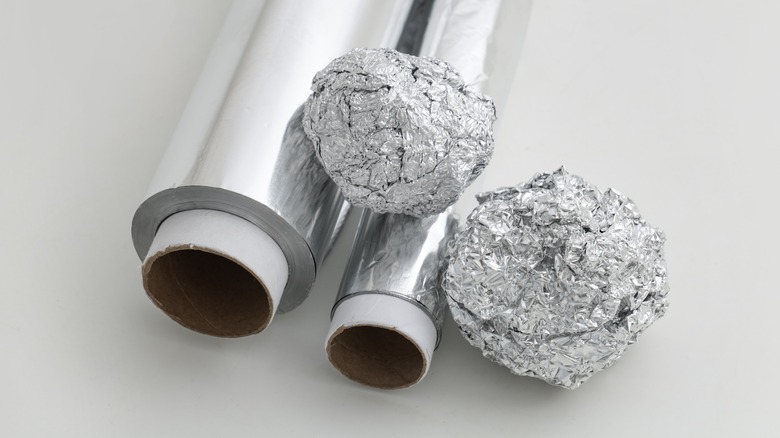Can Aluminum Foil Really Block RFID Signals?
In Julian Huxley's 1927 short story "The Tissue-Culture King," a scientist becomes lost in the jungle and is captured by a tribe. He soon discovers that the tribal leader has developed a way to control people through telepathy, and to protect himself, he puts on a "cap of metal foil."
Huxley's short story is likely the earliest known example of the idea that aluminum foil could block invisible forces. This notion has survived for nearly a century, and we now have drivers wrapping their car keys in foil in hopes of preventing thieves from wirelessly accessing the key fob's signal.
Myths and misconceptions aside, when you look at what the science says about aluminum foil and its effectiveness at blocking RFID (Radio Frequency Identification) signals, the answer is more complicated than it might seem. Under the right conditions, aluminum foil can act as a shield, reflecting or absorbing RFID waves. However, its effectiveness depends on a number of factors.
Aluminum foil vs. RFID signals: What research shows
The research on aluminum foil's effectiveness in blocking or attenuating RFID signals is limited, but the Faraday cage principle shows that metals can act as electromagnetic shields. In a report on the use of RFID technology in border monitoring, the Department of Homeland Security (link will download a PDF to your device) defines a Faraday cage as a "metal mesh or foil container that is impenetrable by radio signals of certain frequencies," pointing out that Faraday cages can be used to "shield" RFID tags.
A study by the University of Arkansas' RFID Research Center on RFID's effectiveness in preventing retail theft found that even when items were placed inside aluminum-lined bags, the systems were still able to detect approximately 77% of the tags. Meanwhile, according to RFID Card, a provider of RFID and NFC solutions, environmental conditions, the thickness of the foil, and the manner in which it is wrapped all affect its ability to block RFID signals.
The bottom line is that if you want to protect yourself from RFID skimming, you're better off investing in an RFID wallet than wrapping your credit cards in foil.

